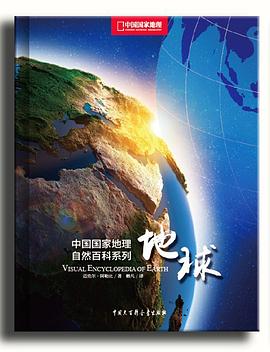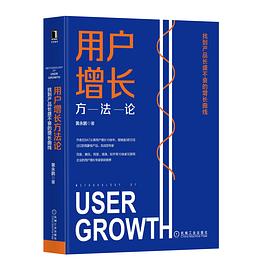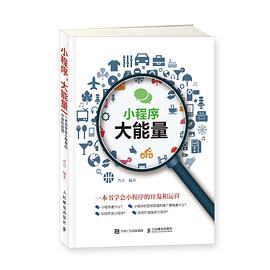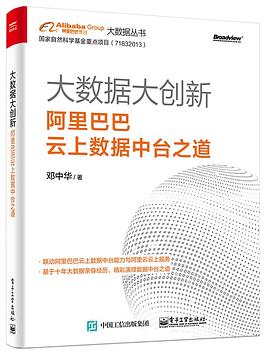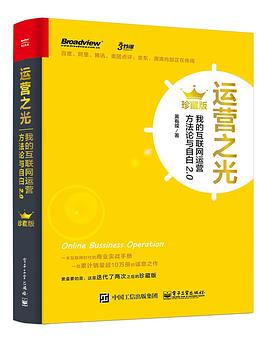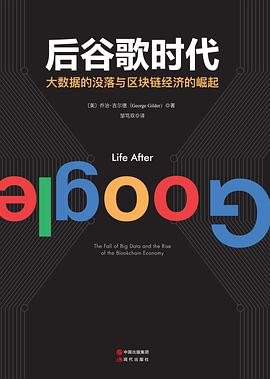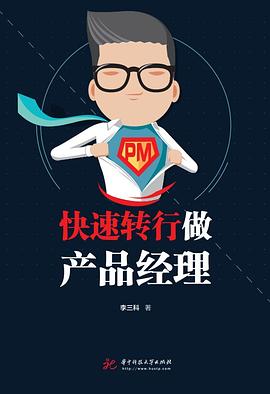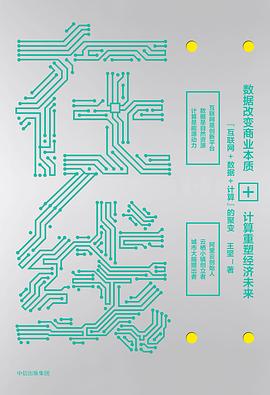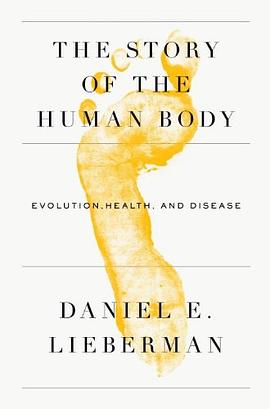

具體描述
A landmark book of popular science—a lucid, engaging account of how the human body evolved over millions of years and of how the increasing disparity between the jumble of adaptations in our Stone Age bodies and the modern world is fueling the paradox of greater longevity but more chronic disease.
In a book that illuminates, as never before, the evolutionary story of the human body, Daniel Lieberman deftly examines the major transformations that contributed key adaptations to the body: the advent of bipedalism; the shift to a non-fruit-based diet; the rise of hunting and gathering and our superlative endurance athletic abilities; the development of a very large brain; and the incipience of modern cultural abilities. He elucidates how cultural evolution differs from biological evolution, and how it further transformed our bodies during the Agricultural and Industrial Revolutions. Lieberman illuminates how these ongoing changes have brought many benefits, but also have created novel conditions to which our bodies are not entirely adapted, resulting in a growing incidence of obesity and new but avoidable diseases, including type-2 diabetes. He proposes that many of these chronic illnesses persist and in some cases are intensifying because of "dysevolution," a pernicious dynamic whereby only the symptoms rather than the causes of these maladies are treated. And finally—provocatively—he advocates the use of evolutionary information to help nudge, push, and sometimes oblige us to create a more salubrious environment.
(With charts and line drawings throughout.)
著者簡介
Daniel Lieberman is the Chair of the Department of Human Evolutionary Biology at Harvard and a leader in the field. He has wpublished nearly 100 articles, many appearing in the journals Nature and Science. His research and discoveries have been highlighted in newspapers and magazines including The New York Times, The Boston Globe, Discover, and National Geographic. He has frequently appeared on Nova, the BBC, and Charlie Rose, among other programs.
圖書目錄
讀後感
气候变化,林地变稀疏,从采摘果子的猿类,到直立行走采果子的乍得沙赫人;林地进一步稀疏,到直立行走挖掘根茎的南方古猿;再到根茎已无法果腹,压力下开始增加肉食的能人、直立人;再到因肉食而能量摄入大增,启动正反馈,更大的大脑、更强的使用工具和合作能力,获得更多的...
評分文|轻禅 近些年,人类患罕见病的概率似乎上升了,尤其是一些很难治愈的疾病,譬如2型糖尿病、心脏病、癌症等。不知从何时起,这些疾病成为如今人类的困扰。据报道称,到2045年,人群中患有癌症的比例可达到1/3,这可怕的数字,实在是让人心惊胆颤。面对病魔,人类首先想到...
評分文|轻禅 近些年,人类患罕见病的概率似乎上升了,尤其是一些很难治愈的疾病,譬如2型糖尿病、心脏病、癌症等。不知从何时起,这些疾病成为如今人类的困扰。据报道称,到2045年,人群中患有癌症的比例可达到1/3,这可怕的数字,实在是让人心惊胆颤。面对病魔,人类首先想到...
評分 評分气候变化,林地变稀疏,从采摘果子的猿类,到直立行走采果子的乍得沙赫人;林地进一步稀疏,到直立行走挖掘根茎的南方古猿;再到根茎已无法果腹,压力下开始增加肉食的能人、直立人;再到因肉食而能量摄入大增,启动正反馈,更大的大脑、更强的使用工具和合作能力,获得更多的...
用戶評價
“人類太罪過瞭”,伊吐齣一口香煙,慢慢講道。
评分晨跑時聽完有聲書。前六章講人類進化,單獨靠聽很難記住,會再讀一遍文字版。之後幾個章節進入主題,從進化的角度看現代社會多發的一些慢性病(II型糖尿病、骨質疏鬆、肥胖、近視等),關鍵字mismatch + dysevolution.關於現代醫學在治療這些病時更關注緩解癥狀而非針對疾病根源的討論很有啓發性。人類進化多年來的本能還是難以抗拒啊,想要健康要有意識地剋服一些現代社會提供的便利。這些都不是新知識瞭。加油吧自己。
评分道理不錯,但感覺太重復,可以精煉到1/3
评分First stop/集大成
评分四星半吧 現代生活習慣指南 有些地方略囉嗦
相關圖書
本站所有內容均為互聯網搜索引擎提供的公開搜索信息,本站不存儲任何數據與內容,任何內容與數據均與本站無關,如有需要請聯繫相關搜索引擎包括但不限於百度,google,bing,sogou 等
© 2025 book.quotespace.org All Rights Reserved. 小美書屋 版权所有

